


93 Posts

May 25, 2021
5 ways to balance food and fun this summerWhen fun takes priority, as it should in summer, you may find yourself less focused on making the nutritious food decisions that are important during cancer treatment and survivorship.
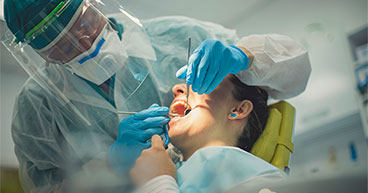
May 13, 2021
Five steps that may help catch cancer earlyRoutine health checks, such as a trip to the dentist, or regular self-exams may help you or your doctor find early signs of cancer.
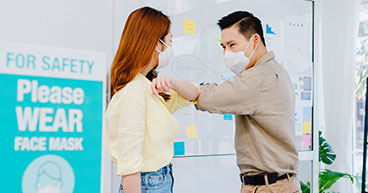
April 29, 2021
Cancer treatment: 5 common health and safety risksIt’s important to be educated about health and safety risks that could cause delays to your treatment and affect your quality of life.
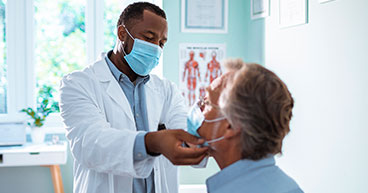
April 1, 2021
Study: Cancer survivors, not just current patients, are at high risk of COVID-19 symptomsResearch indicates that, compared to those who have never been diagnosed with cancer, long-term cancer survivors are at higher risk of developing severe symptoms from COVID-19.
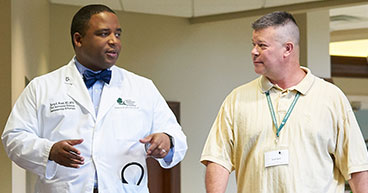
March 25, 2021
Dr. Woods: Busting colorectal cancer mythsColorectal cancer is the third-most common type of cancer in the United States, but several myths need to be addressed so people can identify their level of risk for developing the disease.
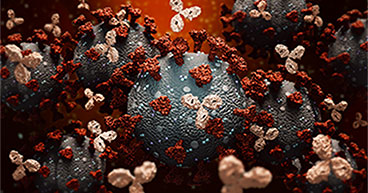
March 18, 2021
From cancer to COVID: Putting monoclonal antibodies to workScientists developing new treatments for those with COVID-19 symptoms are turning to the same biomedicine that is playing an increasingly important role in treating cancer: monoclonal antibodies.
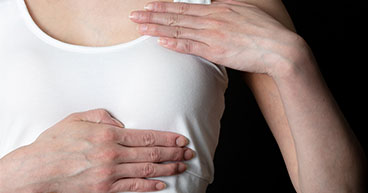
March 9, 2021
COVID-19 vaccine side effect may mimic breast cancer symptomsSwollen lymph nodes, a side effect of COVID-19 vaccines, may be causing breast cancer scares in women.
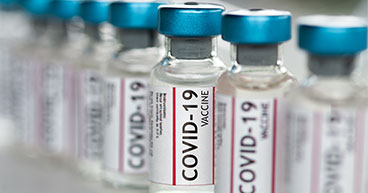
March 4, 2021
Which COVID-19 vaccine is better for cancer patients? All of themWith the recent rollout of a new COVID-19 vaccine, cancer patients may wonder if one vaccine is better than the other.
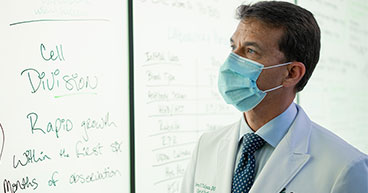
February 16, 2021
COVID-19 has changed how clinical trials are conductedA potential victim in the collateral damage from the pandemic: clinical trials and their participation rates, which have also taken a hit because of COVID-19 fears.
Guidelines
The information contained in this blog is not intended nor implied to be a substitute for professional medical advice. Always seek the advice of your physician or other qualified health provider prior to starting any new treatment or with any questions you may have regarding a medical condition. Nothing contained in the blog is intended to be used for medical diagnosis or treatment of any illness, condition or disease.